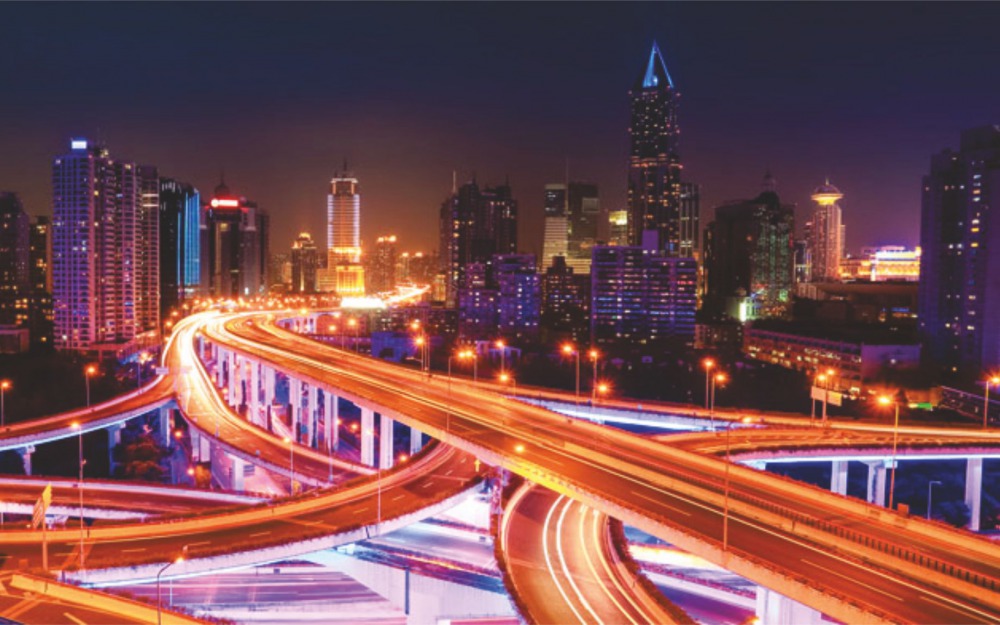
A 'smart city' is an urban region that is highly advanced in terms of overall infrastructure, sustainable real estate, communications and market viability. It is a city where information technology is the principal infrastructure and the basis for providing essential services to residents. There are many technological platforms involved, including but not limited to automated sensor networks and data centers Though this may sound futuristic, it is now likely to become a reality as the 'smart cities' movement unfolds in India. In a smart city, economic development and activity is sustainable and rationally incremental by virtue of being based on success-oriented market drivers such as supply and demand. They benefit everybody, including citizens, businesses, the government and the environment.
The origin The concept of smart cities originated at the time when the entire world was facing one of the worst economic crises. In 2008, IBM began work on a 'smarter cities' concept as part of its Smarter Planet initiative. By the beginning of 2009, the concept had captivated the imagination of various nations across the globe. Countries like South Korea, UAE and China began to invest heavily into their research and formation. Today, a number of excellent precedents exist that India can emulate, such as those in Vienna, Aarhus, Amsterdam, Cairo, Lyon, Málaga, Malta, the Songdo International Business District near Seoul, Verona etc.
In India The cities with ongoing or proposed smart cities include Kochi in Kerala, Ahmedabad in Gujarat, Aurangabad in Maharashtra, Manesar in Delhi NCR, Khushkera in Rajasthan, Krishnapatnam in Andhra Pradesh, Ponneri in Tamil Nadu and Tumkur in Karnataka. Many of these cities will include special investment regions or special economic zones with modified regulations and tax structures to make it attractive for foreign investment. This is essential because much of the funding for these projects will have to come from private developers and from abroad.
Challenges The concept is not without challenges, especially in India. For instance, the success of such a city depends on residents, entrepreneurs and visitors becoming actively involved in energy saving and implementation of new technologies. There are many ways to make residential, commercial and public spaces sustainable by ways of technology, but a high percentage of the total energy use is still in the hands of end users and their behaviour. Also, there is the time factor such cities can potentially take anything between 20 and 30 years to build.
According to the documents released on the Smart Cities website, the core infrastructure in a smart city would include:
• Adequate water supply
• Assured electricity supply
• Sanitation, including solid waste management
• Efficient urban mobility and public transport
• Adequate Water Supply
• Affordable housing, especially for the poor
• Robust IT connectivity and digitalisation
• Good governance, especially e-Governance and citizen participation
• Sustainable environment
• Safety and security of citizens, particularly women, children and the elderly
– Health and education
Copyright © 2024- All Rights Reserved - Vision Media Hitech Pvt. Ltd.
Designed by VMH Web Solutions

